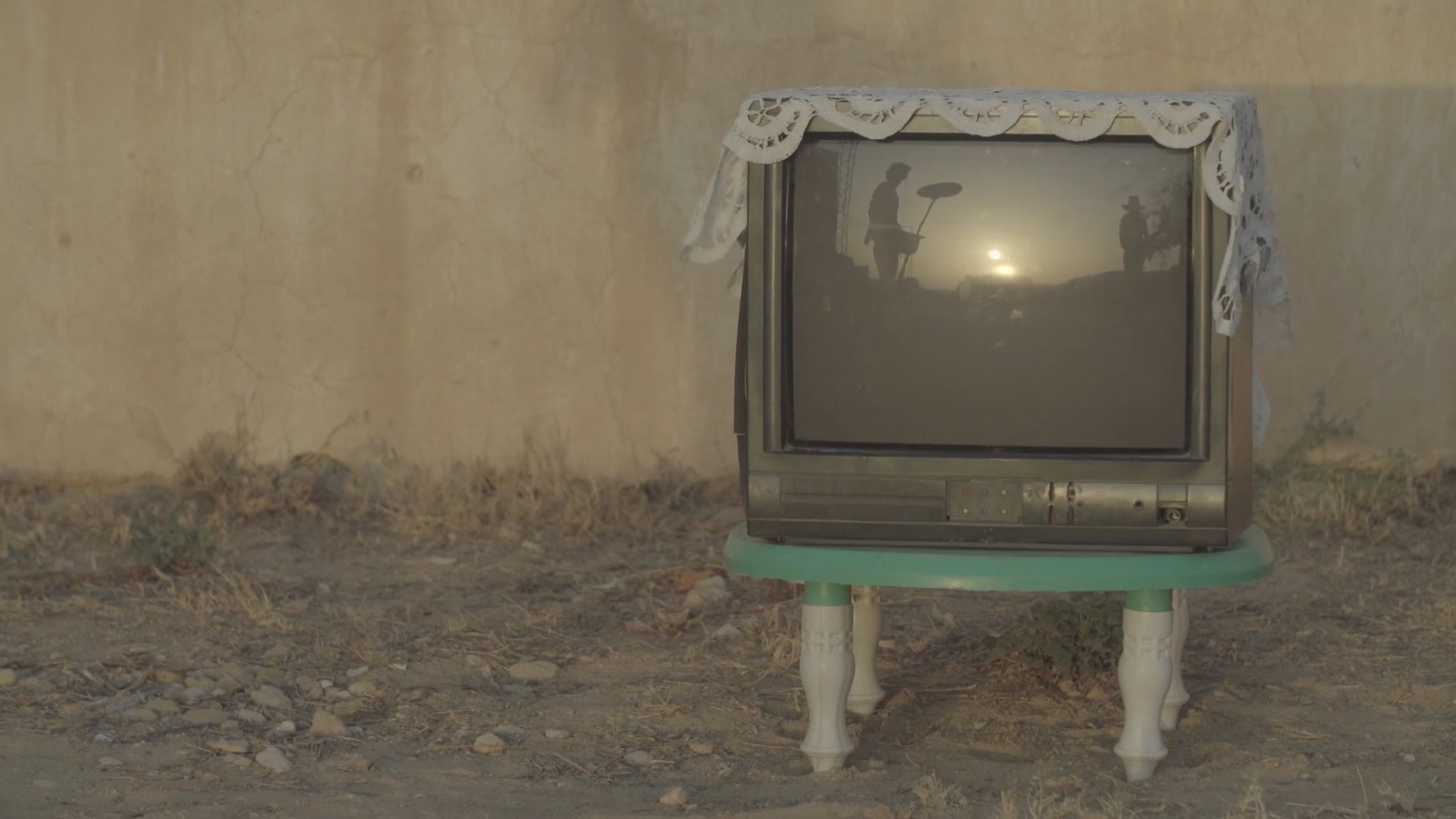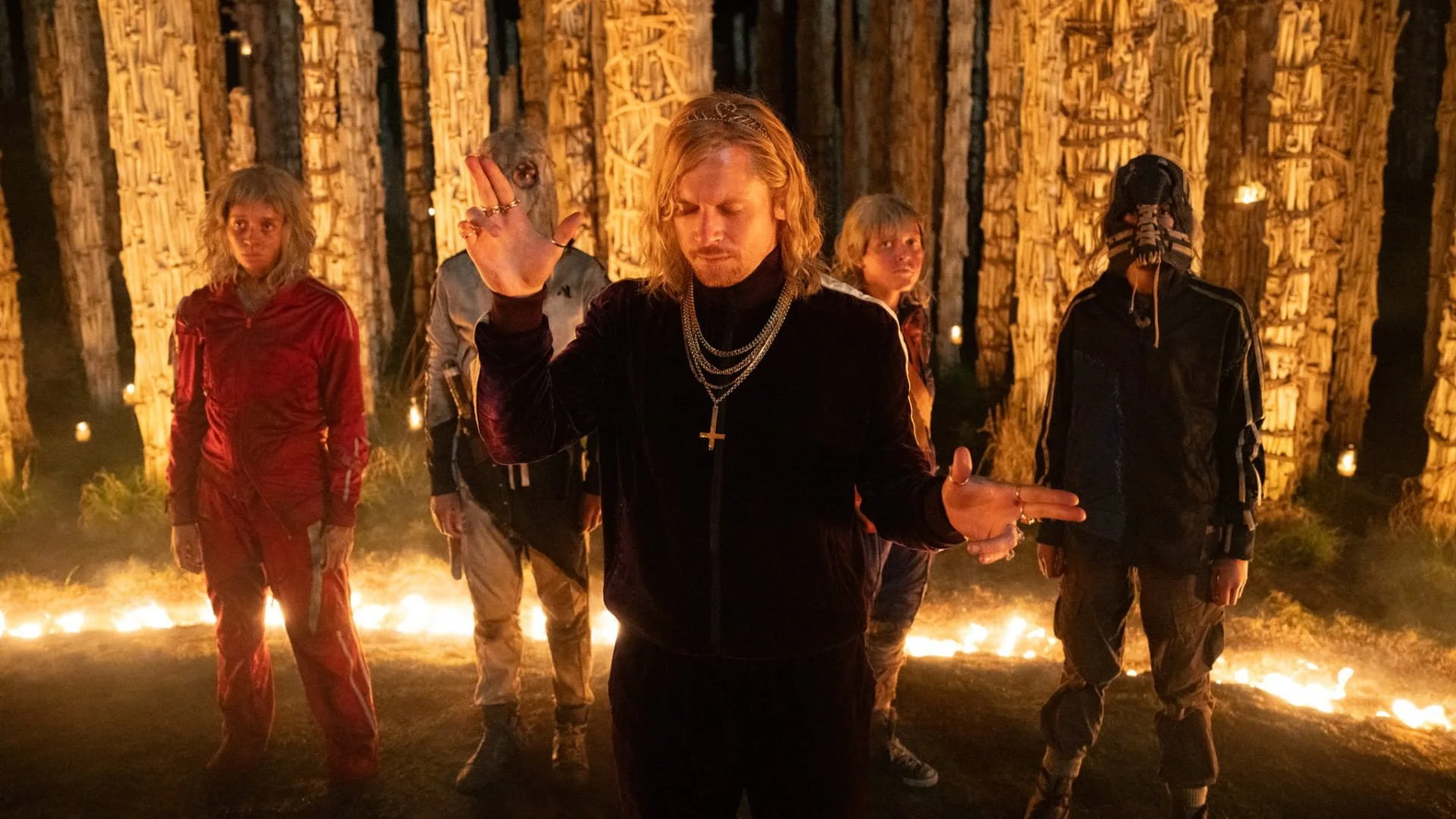Hot Docs 2024: The Wasp and the Orchid
In the remote village of Zammour, Tunisia, where director Saber Zammouri grew up, television wasn’t introduced until 1989. When French television did finally flood their airwaves, rural Tunisians started to leave their homeland in search of the romantic promise of Paris they saw on their TV screens. What they found disappointed them, but that didn’t stop them from pursuing it—and continuing to pursue it in the present day. It was as if they were wasps lured to the scent of an orchid, as the metaphor in the film’s title suggests. The Wasp and the Orchid is Zammouri’s first-person documentary about his own journey from Tunisia to France and his disillusionment with the urban world he discovered there.
Filmed by Zammouri in both Tunisia and Paris in recent years, and including his own voiceovers and conversations with family and friends, The Wasp and the Orchid is relatively low-fi and unadorned. It’s documentary filmmaking in the first-person, reflecting the sedate yet intense viewpoint of Zammouri himself.
The Wasp and the Orchid runs a light 65 minutes, but the meditative pace and style may make the runtime seem much longer for some viewers. In the Tunisia sequences, Zammouri lets shots run long and doesn’t force many edits onto sequences. For instance, an early scene has dialogue play over extremely distant images of a man working in a dusty farmer’s field. Other moments document the discarded items around his family home or in a local school, as if recording remnants of a past epoch.
Once Zammouri ends up in Paris, the camera work stays quiet and focused on the city, although there’s an emotional charge that runs beneath it all. As Zammouri lays out in the film’s most direct, confrontational moment, in which he rants to family members about his annoyance with life in Paris, he doesn’t have answers. But the total weight of the crappy apartments, bad jobs, and casual racism he has experienced in Paris seem to fill him with anger for ever thinking that moving there was a good idea in the first place. He doesn’t have a solution to the issue of work either. Although there’s none to be found back in Tunisia, aside from subsistence farming, that doesn’t mean he wants to accept the cards he’s been dealt as a migrant worker in France.
So Zammouri is torn, longing for aspects of his homeland while working in Paris and trying to make sense of it all through the lens of his camera. The Wasp and the Orchid isn’t radical in form or content. There’s nothing particularly novel about the formal approach or Zammouri’s perspective on migration, although the sheer honesty on display is admirable. The film’s value comes through this honesty and the camera, which seems to be in sync with Zammouri’s quiet frustration that permeates every image. The Wasp and the Orchid lets you see the world through the eyes of another person in an understated, relatable manner. It’s proof that documentary filmmaking doesn’t need to assert objectivity to be effective. It can be useful and refreshing, even, to hear an unvarnished take on such an important global topic.
7 out of 10
The Wasp and the Orchid (2023, Tunisia/France)
Directed by Saber Zammouri.



This mockumentary starring Matt Johnson and Jay McCarrol is a complex metafiction farce and a loving portrait of friendship and Toronto.